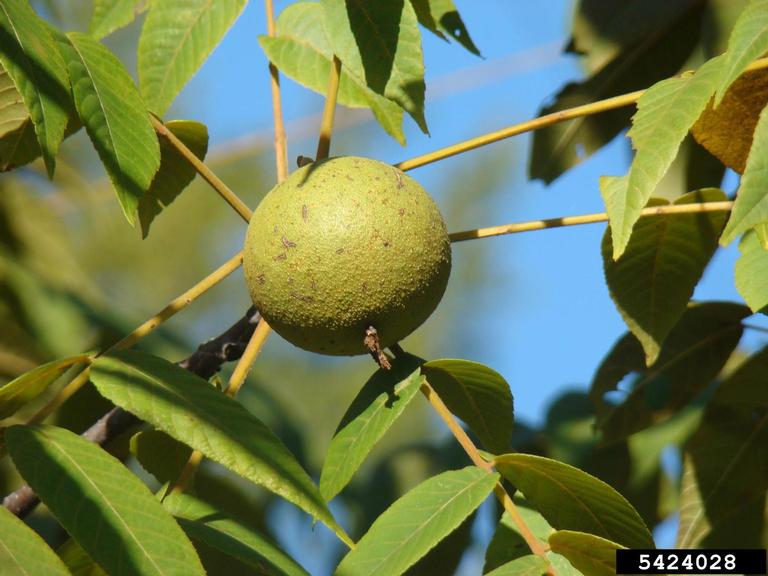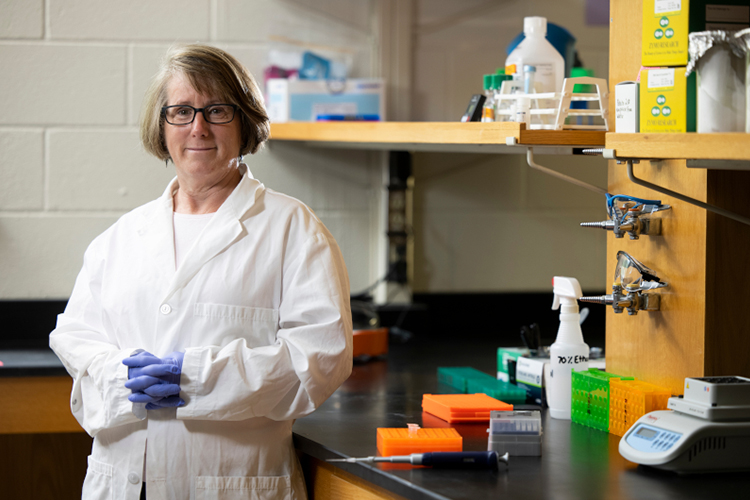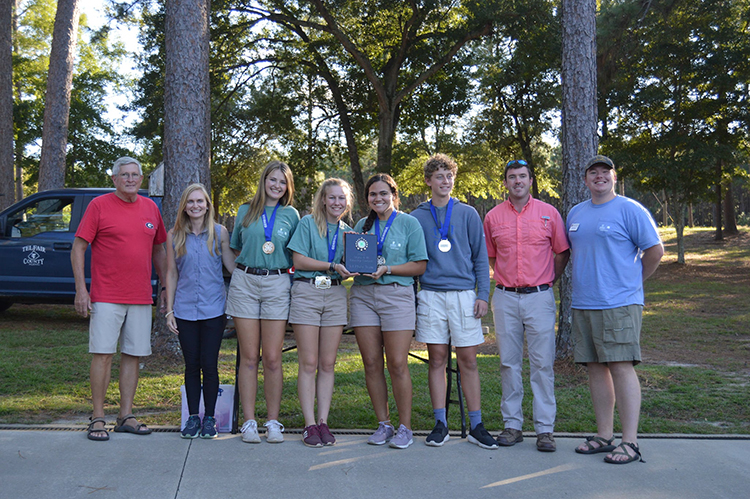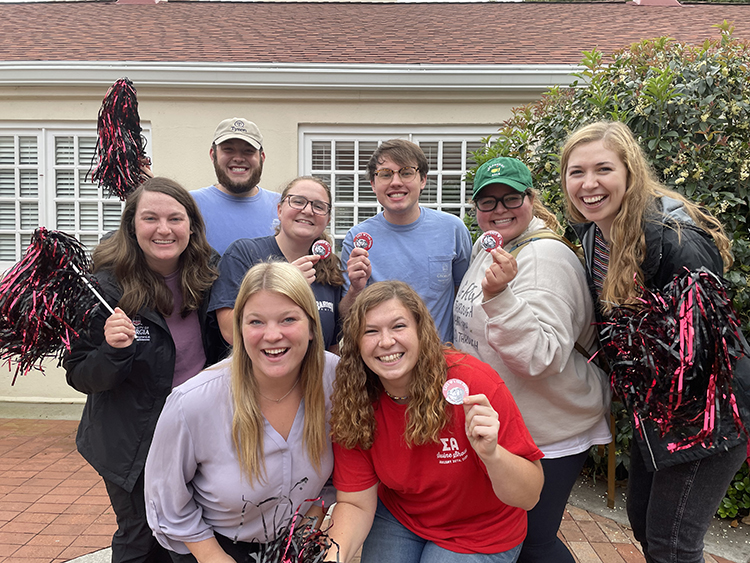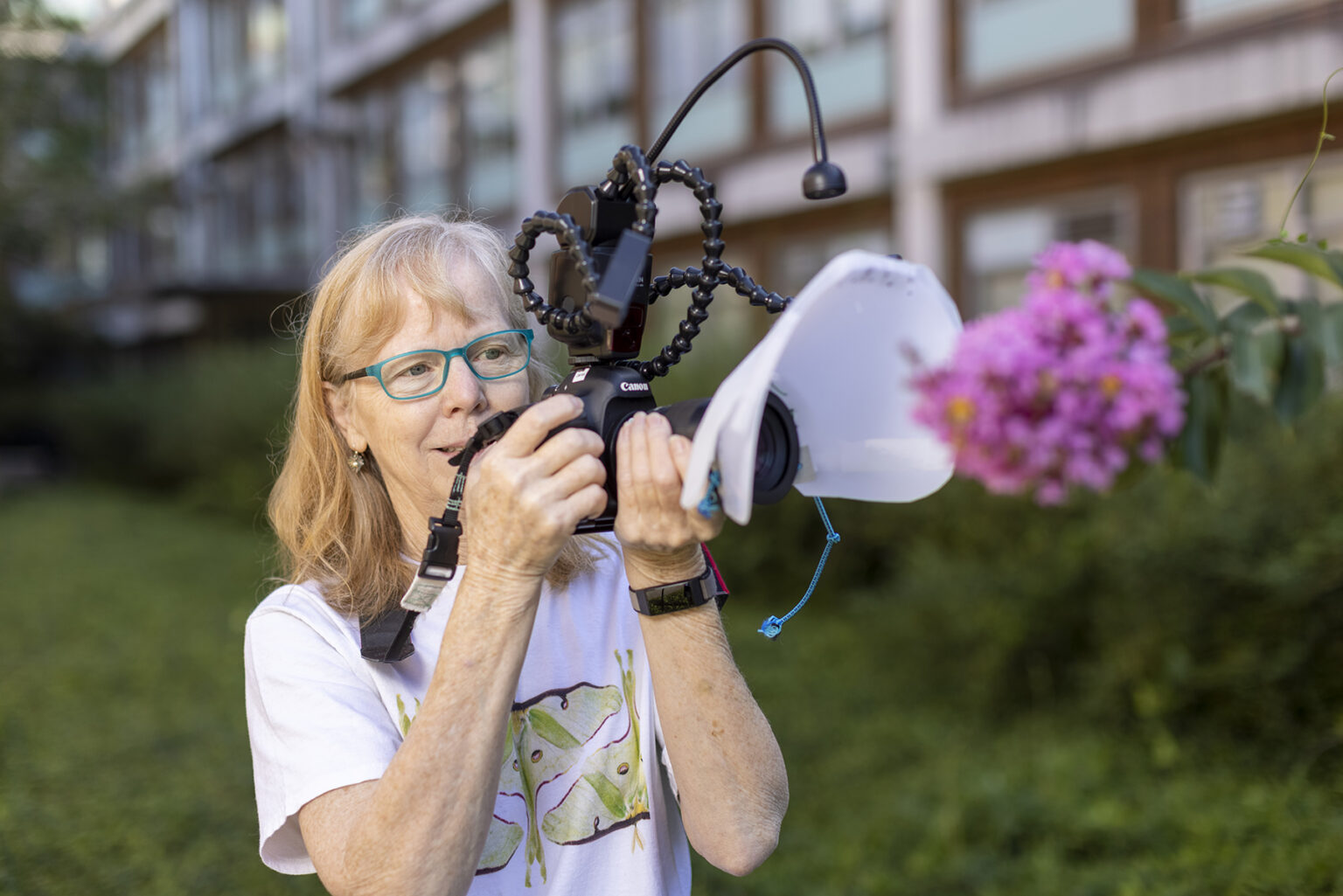 CAES News
CAES News
FAO chief scientist to highlight ag technology in 2021 D.W. Brooks Lecture
Chief scientist of the United Nations Food and Agriculture Organization (FAO), Ismahane Elouafi is set to deliver the talk at this year's D.W. Brooks Lecture and Awards, which will be held virtually Nov. 2. Elouafi’s lecture, “How science, technology and innovation can accelerate the transformation of our agri-food systems,” will highlight the advancement of e-agriculture and it’s benefits for farming around the world.



